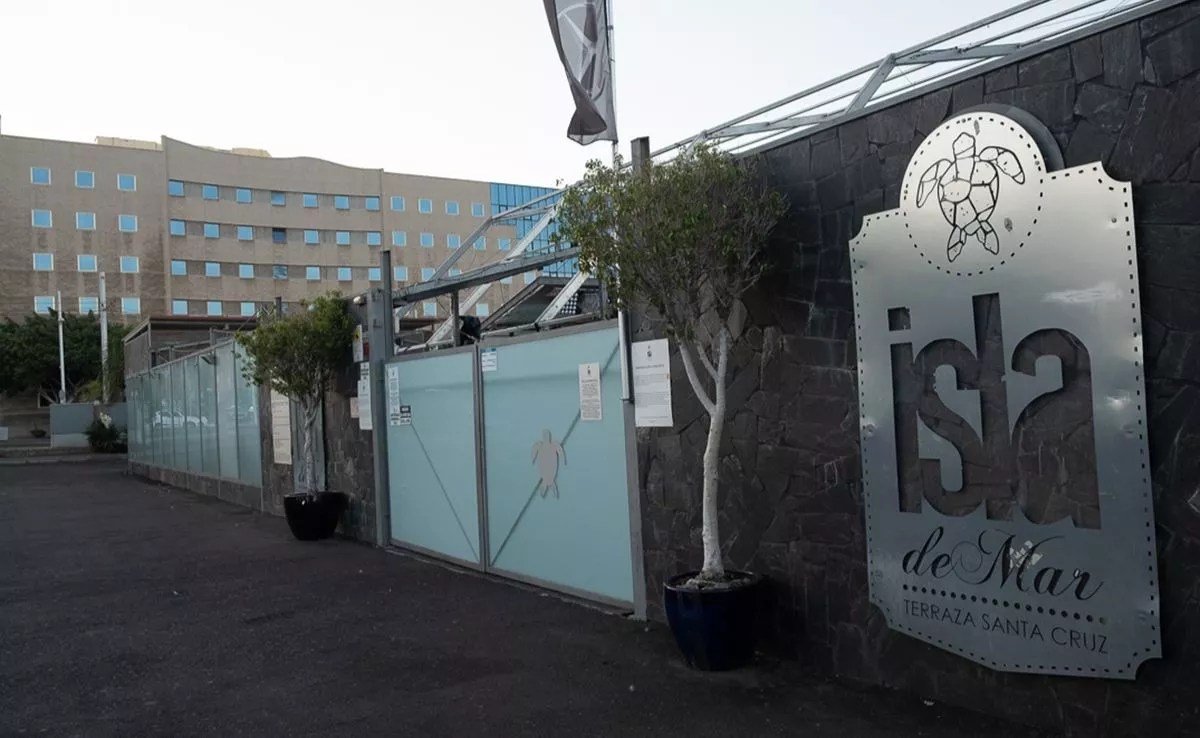Santa Cruz de Tenerife 7 Mar. (Europa Press) –
The Ministry of Public Works, Housing and Mobility of the Canary Islands Government has received 56 applications for the qualification of 2,137 protected properties across the archipelago in the past eighteen months. Specifically, 37 of these applications were from the province of Santa Cruz de Tenerife, accounting for a total of 1,234 homes, whereas the province of Las Palmas recorded 19 requests, totalling 903 properties.
The final qualification card is a document issued by the Autonomous Community regarding a housing project, which certifies its public protection and establishes its legal framework, thereby allowing it to receive financial support, as noted by the regional department in a statement.
Furthermore, this request can be made by both individuals and legal entities (public or private), cooperatives, or communities of goods.
In 2021, only 3 applications were submitted for the qualification of 112 homes; this number decreased to 2 applications for 78 homes in 2022. However, in 2023, applications rose significantly to 14 for 414 homes, and in 2024, there were 42 requests for 1,723 properties.
Decree Law of Urgent Housing Measures
The regional councillor, Pablo Rodríguez, emphasised that initiatives such as the Decree Law of Urgent Housing Measures, which encourages land availability and the repurposing of buildings for residential use, along with other efforts aimed at fostering the promotion and construction of protected properties, have been crucial in ensuring access to suitable housing.
“Indeed, this rise in the number of applications and their resolutions has been bolstered by Decree Law 1/2024, which has expedited procedures and promoted the processing of qualifications for these properties across various islands,” stated Rodríguez.
He also attributed the increase in requests to the collaboration between public and private sectors, which has united efforts with public administrations to invest in unfinished assets, in order to introduce a greater number of homes to the market.
“Another significant modification facilitating this rise in applications, also outlined in the decree law, is the update and revaluation of the basic Canarian module in line with the reality of construction costs in the Canary Islands, taking into account the recent increases in material prices, thus adapting to the current market conditions of each island to stimulate the construction of protected housing,” he added.
Among the strategies to enhance the housing supply, the councillor reminded that the Government is in the process of approving a second decree law that will authorise third parties to expedite the provision of urban licences, thereby tackling “one of the major obstacles to housing construction, alongside new initiatives to boost construction.”
















